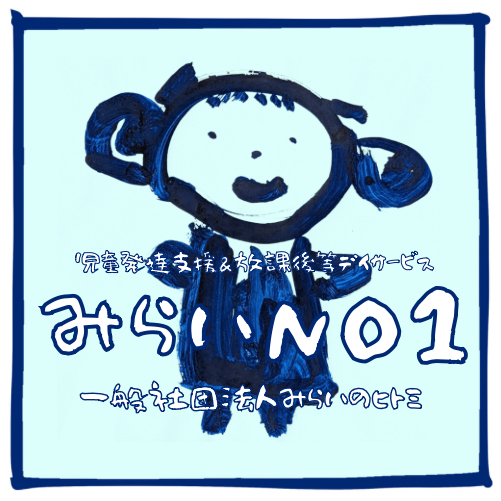>In search of facts about the historical past of money resp. >a brief history of bookkeeping, I came across the fascinating >babylonian keyword “shubati”, stated for the a publishing out of >’The Financial Law Journal’; What is currency? by A beneficial. Mitchell >Innes 1913 (*) . Innes translated ‘shubati’ due to the fact “received” >It appears, this expression ‘shubati’ appeared that frequently >to the babylonian clay pills, made use of due to the fact suggestions out-of https://datingranking.net/es/sitios-de-nalgadas/ financial >transactions. > >I would personally please ask you: Are you willing to let me know Their thoughts >resp.
Which Sumerian title are well-understood. There’s the verb involved inside my Sumerian Lexicon regarding the compound terms area around shu. ti, ‘to receive’. shu function ‘hand’ and ti form ‘to approach’, therefore, the substance function ‘to receive’.
Which is a keen Akkadian phrase. Look in new Sumerian Lexicon not as much as danna regarding the DAN point. beru is the Akkadian equivalent, interpreted ‘double-hour; league’. Never ‘day’ or ‘double-day’.
> Thanks for their instructional answer. My personal concern pertains to >Dilmun’s venue. Particular information that you certainly see affirm one to Dilmun >try “31 beru aside” of Mesopotamia alone. I have discovered reasons for >convinced that Dilmun are located in the Eastern Indies, just like the Dr. Kalyanaraman >argues in a number of outline inside the Sarasvati website.
I’d answered, “I’m sure away from need not doubt the conventional Sumerological identity from Dilmun as island away from Bahrain. There’s Dilmun, Magan, and you can Meluhha the referenced in my own lexicon.”
> You’re best, at all. But it is hard to believe one somebody carry out >actually ever equate this place having Paradise.
Can you let me know your origin
If you wish to research that it next, the only thing which comes to mind is the Sumerian lifestyle of one’s antiquity of one’s city of Eridu (etymologically, ‘city’ + ‘sweet, good; beautiful; favorable; pleasing; new (water)’). The fresh new god away from Eridu, Enki, was the lord of nice below ground waters for which Dilmun try celebrated, considering Geoffrey Bibby regarding Look for Dilmun. You to tradition out of Eridu’s antiquity combines on the reputation of Enki just like the having been the fresh new Sumerian Prometheus, bringer of arts out of civilization so you’re able to Sumer.
>I have discover John M. > >Hence I am not saying a good scientiest having early dialects it is also difficult to >us to proove his interpretation out of sumerian terms (which can be their facts out of >initiate for several causally determinations). > >I tried to get counterparts ranging from Allegros sumerian terms and conditions on your own sumerian >lexicon – specific complement most other maybe not – but iliar sufficient to proove >they like that. > >Therefore – when you have a situation to help you John Yards. Allegro it will be really interest in they.
Allegro’s Book “New sacred mushroom and also the mix” >and that i need certainly to proove their theses to own my interpretation away from their book
Into webpage 241, Thomsen calls /-a/ the newest subordination suffix, describing that the are their liking hence very Sumerologists just like the Falkenstein possess named it the new nominalization suffix. John Hayes spends the definition of ‘nominalizer’ for .good or /a/ during brands 1 and dos out-of his book. The fresh new typed sort of the fresh new Sumerian Lexicon does not use the identity ‘definite article’ for -a:
“nominalization suffix to own a spoken form otherwise term, performing a beneficial noun – put immediately following pronominal suffix and you may prior to article-ranking otherwise possessive suffixes; and knew as the an effective particularizer, at the conclusion of a member of family term – ‘the Noun you to definitely Verbs’ – ThSLa §483”.
“R(hamtu)-a otherwise Adj.-a: both of those forms helps to make the preceding noun distinct – ThSLa §503 rates a study by Krecher.” Krecher possess a more recent article for the Acta Sumerologica fifteen(1993): 81-98, when you look at the English, with Yoshikawa’s reaction with the pp. 157-183 of that exact same record situation.
